
(MA XUEJING/CHINA DAILY)
There is mind candy in town going for a song, growing in popularity — and promising to make the business of self-improvement books, motivational audios and videos, pep talks, counseling sessions, confidence-building events ... appear passe.
Innovative digitalization is redefining how things that can generate emotional comfort get monetized, spawning a booming new business segment.
For just 0.5 yuan ($0.07) or even less, consumers in China can now snap up "Einstein's Brain" on e-commerce platforms like Taobao, which is advertised to boost one's intelligence after the purchase.
The product page on Taobao flaunts the scientist's iconic photographs, complete with his chevron mustache and frizzy gray hair.
Mind you, no tangible product is traded. Nor is any virtual service like, say, counseling or therapy offered online in most instances. But hundreds of thousands of buyers are spending tiny bits of money, enriching creative sellers.
It works like this: consumers, especially young people, buy these "products" typically in the lead up to potentially stressful times like academic examinations, job interviews or weddings. The force driving such purchases is a belief that the product will bring good luck, fortune or relief.
It soon went viral on social media platforms and became a meme among youngsters, offering buyers a high entertainment value as buyers often use it to joke with each other.
The act of "buying" Einstein's Brain appears to make the buyers breathe easy, magically creating a notion of mental ease in place of anxiety. It is the digital equivalent of tossing some coins in a fountain, or blowing out a birthday candle, and making a wish.
Professional psychologists and psychotherapists may cry foul or sound a note of caution. Digital-minded entrepreneurs, however, call it harmless creative business.
Last year, Einstein's Brain made it to the annual Top 10 list of most popular products on Chinese e-commerce platform Taobao. In the comments section, consumers exchange good-natured e-banter. A question like "Does the product really make you smarter?" could elicit a tongue-in-cheek response: "Yes, and it's a bit painful when your brain grows."
Asked why he bought Einstein's Brain, Zhu Chen, a high school student in Beijing, said: "It's worth spending 0.3-0.5 yuan to buy peace of mind before exams. It's like going to a temple for a bit of comfort. The only difference is that I can take a screenshot of the online purchase, share it with friends, and become the butt of their jokes, all in good fun. For me, spending a tiny amount of money on this makes no difference, given that I spend much, much more on video games."
A variety of playful virtual products offer solace or amusement to consumers such as Zhu. For instance, sellers of "breakup intervention messages" inundate certain friends or relatives of buyers with persuasive texts to help them navigate troubled relationships.
"Businesses are getting more creative to target the post-2000 generation. Young buyers are eager to prioritize their emotional well-being and spend money on things that make them happy," said Chen Jue, a member of Taobao's virtual business team.
Taobao introduced the virtual product category last year. "Riding the wave of virtual products like Einstein's Brain, 'emotional goods' are making the leap from digital to physical," she said.
By "physical", Chen gave an example of "Einstein's Blanket". Since Chinese pronunciation of blanket is homophonic with the last syllable in "Einstein", blanket sellers claim their "product" boosts IQ. Predictably, there are takers. In the week of Jan 9-16, online searches for Einstein's Blanket surged by 856 percent week-on-week.
Wei Xiang, a researcher at the National Academy of Economic Strategy, affiliated with the Chinese Academy of Social Sciences, said the surging popularity of such products reflects an improving perception of the economy marked by a steadily dropping unemployment rate and falling inflation levels.
Consumers beset by life's challenges, who hitherto preferred tangible goods, now also spend on services and products that can generate positive emotions, especially if they are cost-effective, Wei said.
"These items embody popular memes. Those running small e-shops on Taobao demonstrate a heightened awareness of cultural shifts," said Hong Yong, a researcher at the e-commerce branch of the Chinese Academy of International Trade and Economic Cooperation.
"Thanks to the advancements in e-commerce infrastructure and supply chains, they can capitalize on trending topics, translating them into viable businesses at a comparatively modest expense."
According to Hong, the rapid development of e-commerce, including social e-commerce, in China enables young and creative businesspeople to found innovative online businesses.
Zhang Jianxi is one such businessman. Born in 2002 amid the Taobao-spawned entrepreneurial boom, he developed a presence on Taobao. Zhang said he conjured Einstein's Brain out of a friend's joke. "You need something to smarten you up."
The whimsical venture not only tickled the funny bone of many a consumer but raked in 70,000 orders in its debut year of 2019. Over the past five years, it hit a peak of 120,000 orders during the intense college entrance exam period. Buyers ranged from high schoolers to scholars of prestigious universities.
Zhang has vivid memories of the early days of his venture. "For a fraction of a yuan, you could buy Einstein's Brain, to comfort or amuse yourself before big occasions. It was a wallet-friendly way for young folk to catch a breather in their hectic lives. Later, it went viral and became a trend among fun-loving youngsters."
But it was not Einstein's Brain that sparked the trend. Before that, Zhang launched a virtual frog called the "Qixi Toad" around the theme of Qixi Festival, also known as Chinese Valentine's Day. That soon morphed into the "Solitude Toad" on his Taobao shop, poking fun at singles among his friends. Needless to say, it proved hugely popular.
Next came virtual mosquitoes that brought in over a million orders, earning his store the coveted "Taobao Million " status. Virtual mosquitoes bombard designated social media accounts with immense messages as a form of digital prank on friends.
Zhang said deep insights into the post-2000 generation's preferences, values and aspirations can help create products that resonate with them.
Like Zhang, Jarvis (not his real name but that of the butler of the character of Tony Stark in the movie Iron Man), a 24-year-old collegian, forayed into this business about a year ago, but took a different approach.
Leveraging his background in broadcasting, Jarvis joined a novel online counseling business called Shu Dong, which is Chinese for tree holes. A "tree hole" refers to emotion-based companionship and comforting services centered around empathetic listening.
Those who pay for these services are free to shed tears, vent, confess or freely unleash a torrent of emotions. Although Jarvis is not a trained psychologist nor a licensed psychotherapist, Shu Dong's clients spend money to express their innermost feelings, resort to heartfelt sobs or let out pent-up anger — a digital, paid-for, new-age confessional, if you will.
Jarvis said a successful month, business-wise, could notch up a revenue of up to 50,000 yuan, which would make him one of the top performers online.
Born and raised in Henan province, Jarvis never studied or traveled overseas. Around 80 percent of his clients are Chinese living abroad; and 80 percent of them are female.
He said most of his clients hold stable jobs with decent incomes. "One common factor is, most of them have a history of living alone since their teenage years. The connection with family is mainly for money. They are used to bearing life's burdens alone.
"Family issues, relationship issues and work-related stresses affect their lives. Many of them have sought psychotherapy. They said they additionally seek my services because I act like a genuine friend who makes them feel more relaxed."
Jarvis charges 200-300 yuan per hour, but his fee is negotiable. This approach, he said, gives him the satisfaction that he is rendering genuine help to those in need.












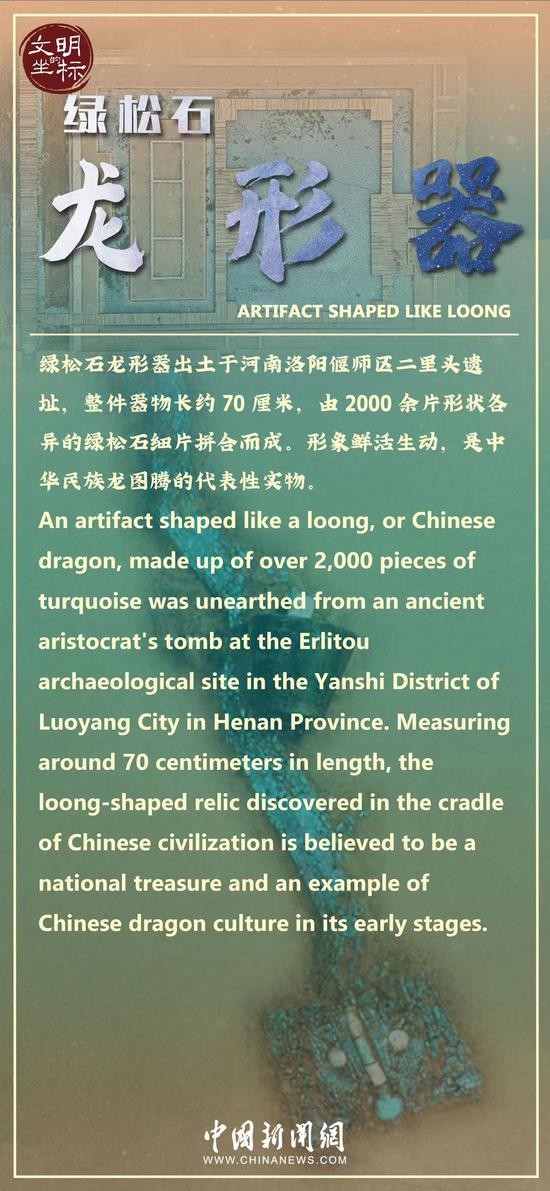
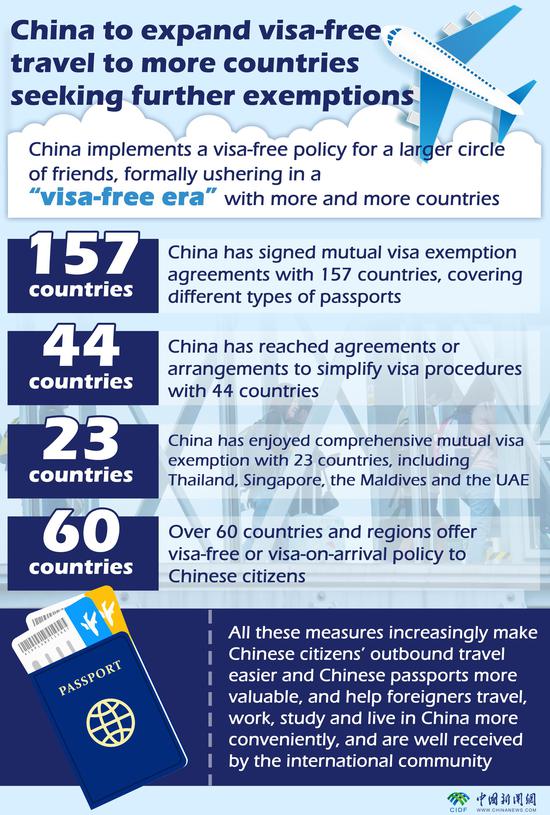
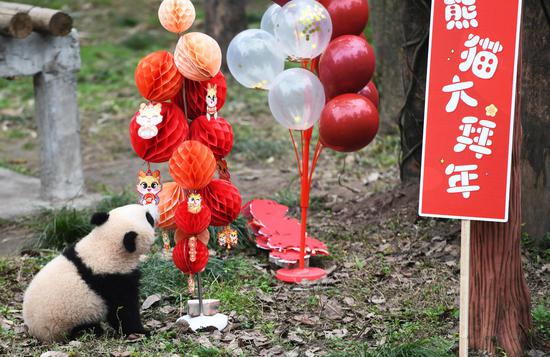

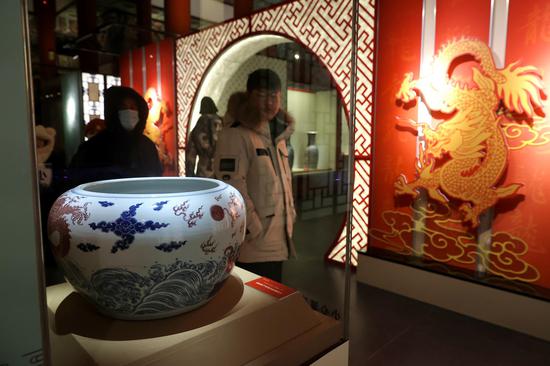


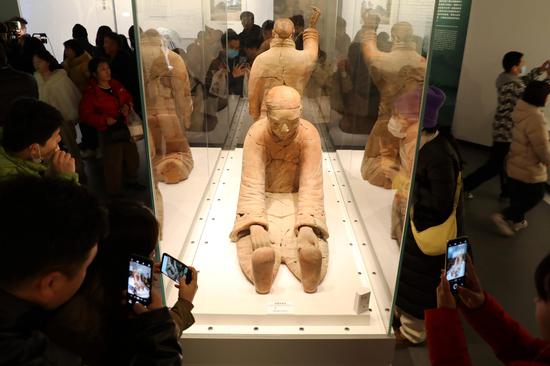







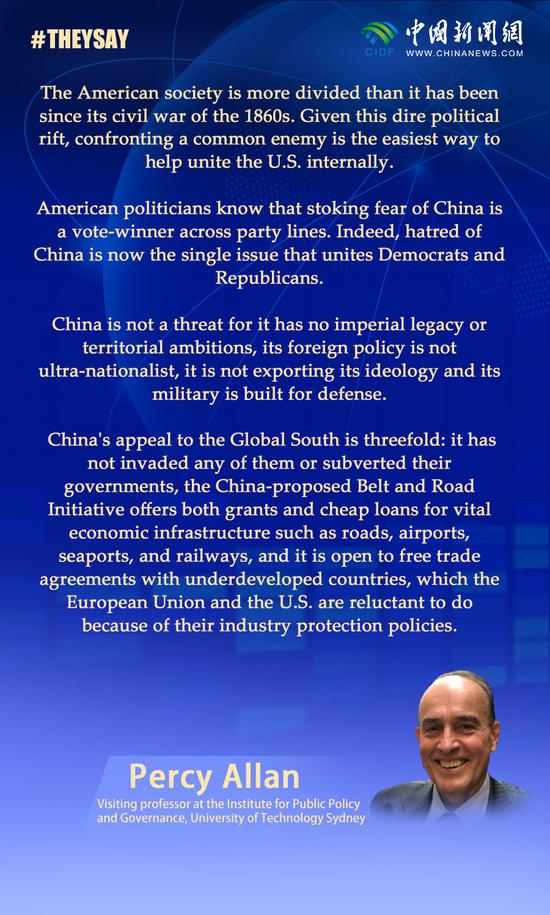
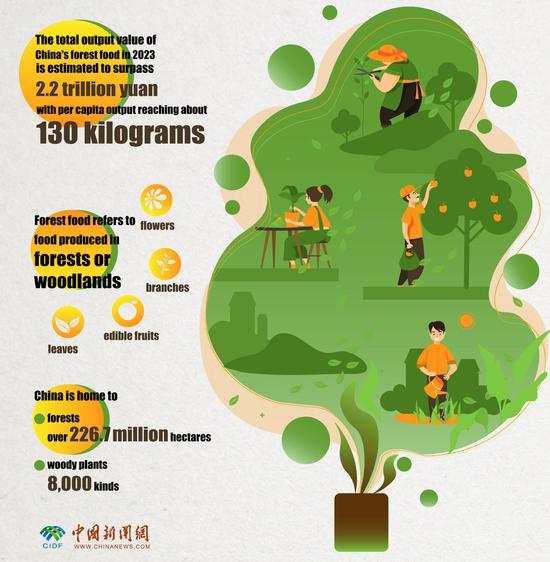

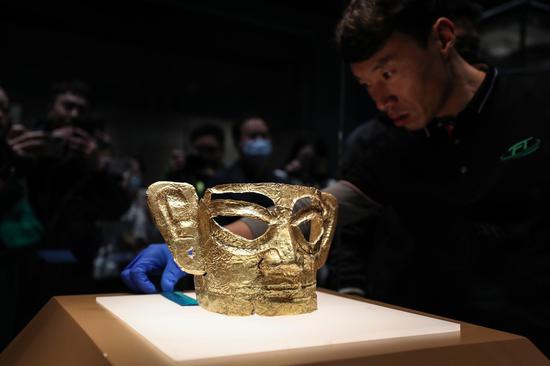
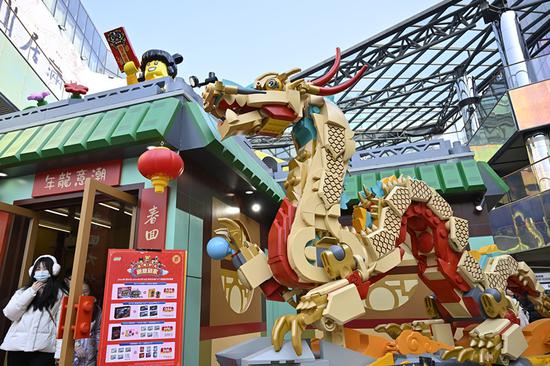

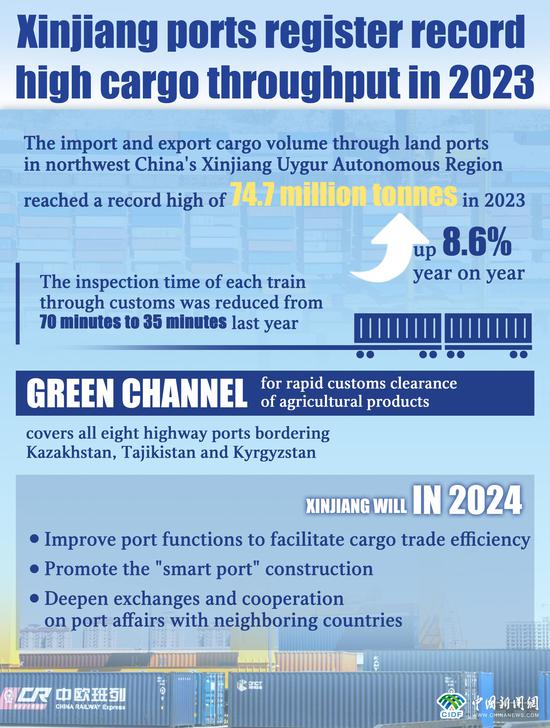


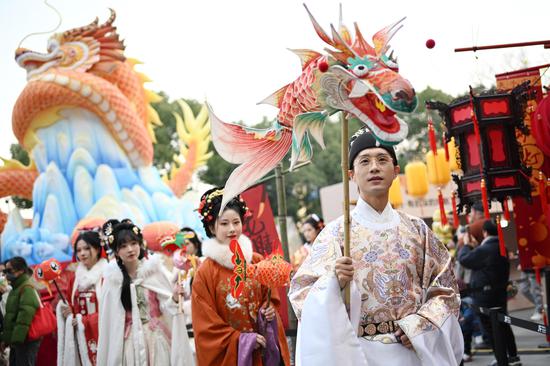
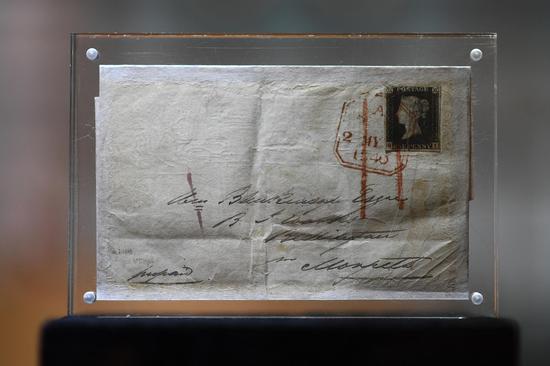
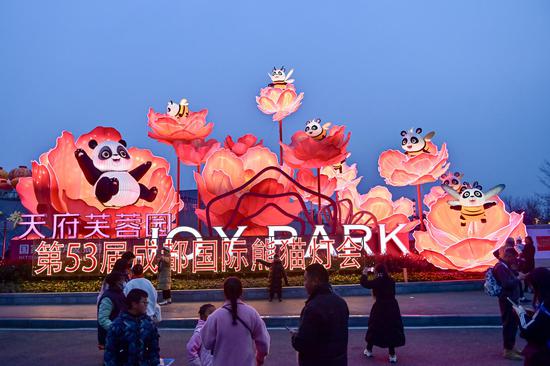
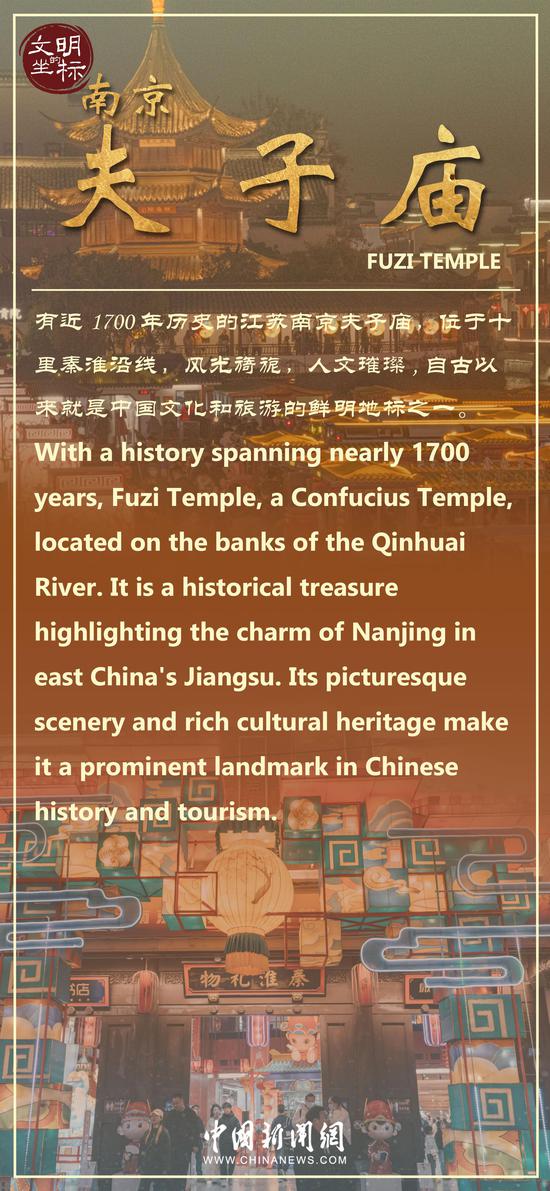

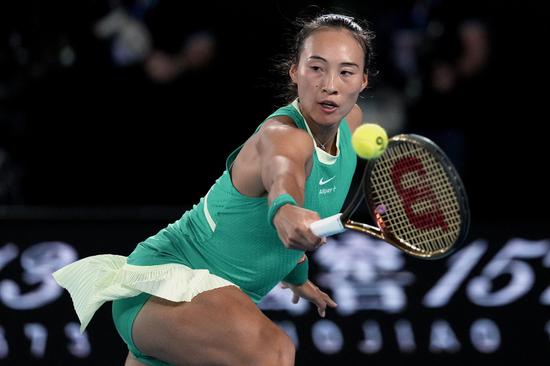








 京公网安备 11010202009201号
京公网安备 11010202009201号